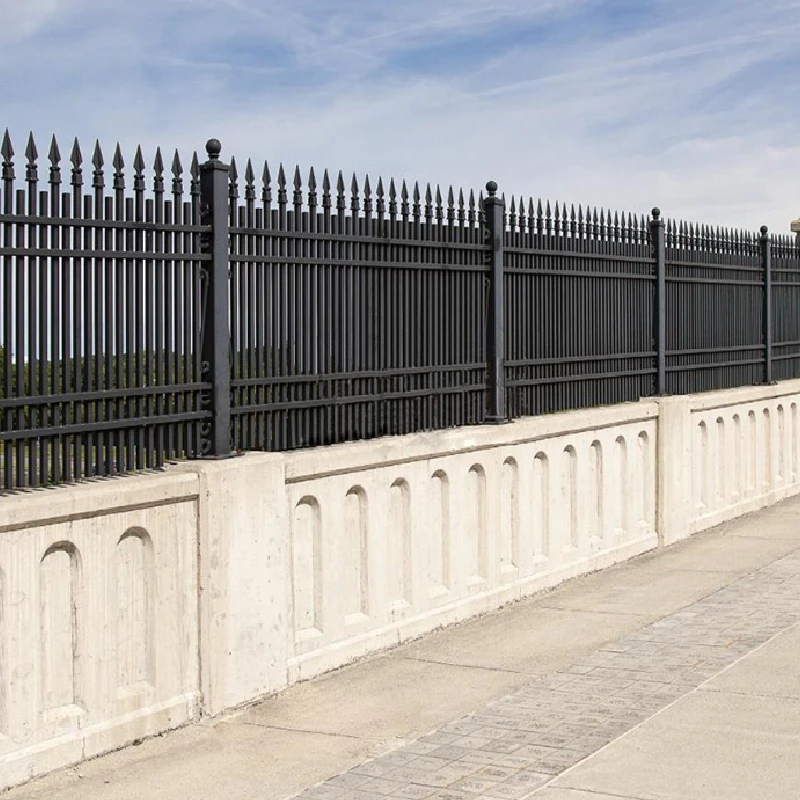Nov . 15, 2024 05:26 Back to list
concrete reo bar
The Importance of Concrete Reinforcement with Rebar
Concrete is one of the most widely used construction materials in the world, forming the backbone of countless structures, from homes to bridges. However, despite its impressive compressive strength, concrete has a notable weakness—tensile strength. This is where steel reinforcement bars, commonly known as rebar, come into play. In this article, we will explore the significance of using rebar in concrete, the different types of rebar, its benefits, and its applications.
The Role of Rebar in Concrete
Concrete is strong under compression but weak under tension. When loads are applied to concrete structures, tensile stresses can cause cracking and, ultimately, failure. To combat this issue, construction professionals embed steel rods or bars within the concrete mix. Rebar improves the tensile strength of concrete, enhancing its ability to withstand various stresses without compromising structural integrity.
Types of Rebar
There are several types of rebar available, each designed for specific applications and environments
1. Steel Rebar The most common form of rebar, typically made from carbon steel, is known for its high tensile strength and bonding properties with concrete.
2. Epoxy-Coated Rebar This type of rebar is coated with a layer of epoxy to protect it from corrosion. Epoxy-coated rebar is often used in environments where moisture or chemical exposure is a concern, such as in marine structures.
3. Galvanized Rebar Similar to epoxy-coated rebar, galvanized rebar is coated with a layer of zinc. This provides a level of corrosion resistance, making it suitable for outdoor and industrial applications.
4. Fiber-Reinforced Rebar Comprising synthetic or natural fibers, this type of rebar is used to enhance the properties of concrete, such as ductility and toughness.
5. Stainless Steel Rebar Ideal for high-corrosion environments, stainless steel rebar offers superior resistance to rust and is used in prestigious projects or critical structures where longevity is paramount.
Benefits of Using Rebar
1. Structural Integrity Incorporating rebar into concrete enhances the overall strength and durability of structures, making them capable of withstanding heavy loads and environmental factors.
concrete reo bar

3. Cost-Effectiveness While there is an initial cost associated with installing rebar, the long-term benefits, including durability and reduced maintenance, make it a cost-effective choice.
4. Versatility Rebar can be custom-made to fit various shapes and sizes, making it suitable for a wide range of construction needs—from residential buildings to highways and dams.
Applications of Rebar in Construction
Rebar is used in a plethora of applications, including
- Foundations Reinforcing concrete foundations is crucial to support the weight of the structure and prevent settling.
- Slabs Rebar is often placed within concrete slabs for floors and pavements to ensure they can bear loads without cracking.
- Bridges The tensile strength provided by rebar is vital in bridges, where the structural integrity must withstand dynamic loads from vehicles and environmental stresses.
- Retaining Walls Rebar reinforces retaining walls, preventing soil pressure from causing failure.
- Pre-stressed Concrete In pre-stressed applications, rebar is tensioned before the concrete is cast, allowing the final structure to maintain integrity under loads.
Conclusion
In conclusion, the integration of rebar into concrete construction is indispensable for ensuring the longevity and strength of structures. By enhancing tensile strength and controlling cracking, rebar plays a critical role in the safety and durability of buildings. As the construction industry continues to evolve, the use of advanced materials and techniques in combination with traditional methods, such as rebar reinforcement, will remain key to creating resilient infrastructures for future generations. Whether in new projects or renovations, leveraging the strengths of rebar with concrete is an enduring solution that meets the demands of modern architecture and engineering.
-
Reinforcing Mesh: Core Material of the Construction Industry
NewsJul.07,2025
-
Welded Wire Fabric Reinvented for Modern Projects
NewsJul.04,2025
-
Superiority of Stainless Steel Woven Mesh
NewsJul.04,2025
-
Key Types of Razor Wire and Their Applications
NewsJul.04,2025
-
Durable Metal Fence Types for Security
NewsJul.04,2025
-
Best Materials for Livestock Fence
NewsJul.04,2025
products.







